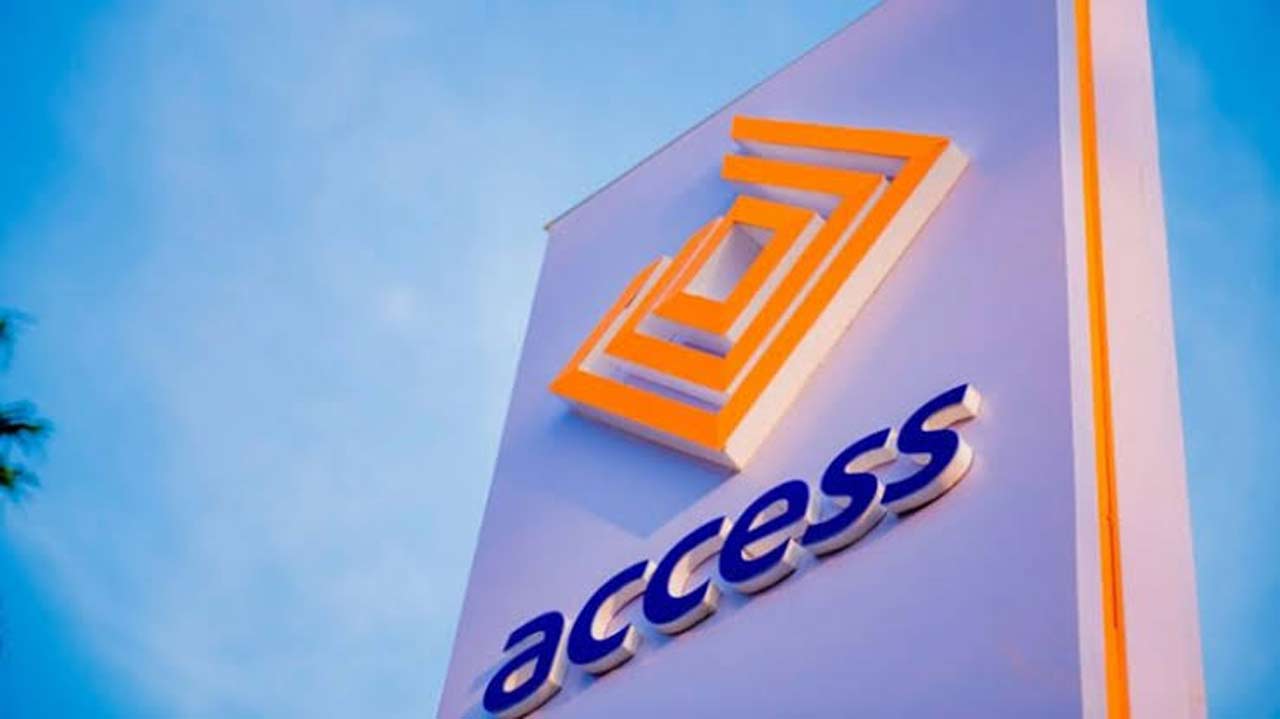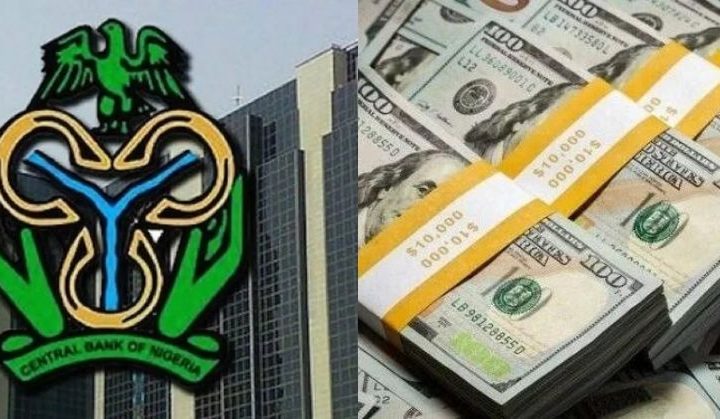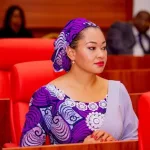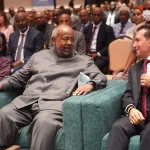FOLLOWING its economic report on Nigeria that showed how inflationary shocks pushed eight million more Nigerians into extreme poverty in less than two years, the World Bank has advised that the Federal Government take important decisions regarding the formulation and management of its fiscal and monetary policies.
Prime Business Africa presents a summary of the policy recommendations from the 112-paged Nigeria Development Update by the World Bank.
READ ALSO: Inflation Shocks Push 8 Million More Nigerians Into Poverty Under 2 Years
Join our WhatsApp ChannelREDUCE DELAYS IN BORDER AND PORTS
One of the most important first steps the Nigerian government must take is to “reduce delays in border and port clearance by simplifying and harmonizing documents, streamlining, automating procedures, and introducing risk-based customs interventions.” This would entail speeding up the processes of import at the popular Apapa Port, which is the busiest in the country, and one of the least efficient on the continent.
MAKE SINFUL GOODS EXPENSIVE
The World Bank recommended that the government raises taxes on what is referred to as “sinful goods,” including cigarettes, alcohol, sugary drinks. The bank said FG has “accelerated efforts to diversify its revenue stream; however, risks to the implementation of these reforms remain high”.
“These reforms include improving tax administration, especially for VAT, while also undertaking some significant policy reforms, such as implementing a levy on electronic money transfers, and additional excise taxes on alcohol and tobacco.
“While these reform efforts are expected to generate additional revenues of over ₦ 3 trillion a year, they may be challenging to politically implement in the run-up to the national elections, planned for 2023.” Despite the perceived difficulties, the bank advised that FG increase these taxes in order to generate adequate revenue.
ELIMINATE REVENUE LEAKAGES FROM PETROL SUBSIDY
Fuel subsidy removal has been a recurrent recommendation in World Bank/IMF policy briefs for Nigeria for more than a decade, but little has been done about this. In this report, the World Bank asked President Muhammadu Buhari government to remove subsidies, again. The bank argues that the poorest Nigerians do not benefit much from the subsidy regime. “Nigeria is the only country in the world with a universal price subsidy that applies exclusively to PMS. Universal price subsidies for liquid fuels are almost always regressive, as the rich consume far more fuel than the poor,” the report read.
“PMS subsidies are especially regressive because PMS is used primarily in light- and medium-duty motor vehicles, which are rarely owned by the poor. Since raising PMS prices tends to have minimal adverse effects on poor households, governments worldwide have typically prioritized eliminating PMS subsidies over those that apply to other fuels.
“However, Nigeria has done the opposite—eliminating all subsidies for liquid fuels other than PMS. Moreover, the Nigerian PMS subsidy is exceptionally generous, and in October 2021 the PMS pump price was the seventh-lowest among 168 economies surveyed at just ₦495 per litre.” The bank said the poorest 40 per cent of Nigerians consume less than three per cent of the total PMS consumption in Nigeria.
CUT LOANS FROM CBN
The World Bank said in its projections for Nigeria, that if current debt accumulation levels are maintained, the country’s debt-to-GDP ratio will hit 40 per cent by 2025. The bank, therefore, advised that the Buhari administration cut back on its request for overdrafts from the CBN through the Ways and Means financing system. The bank asked FG to keep overdrafts to levels stipulated by law. “Faced with a widening budget deficit, policymakers have increasingly turned to costly CBN overdrafts (also known as Ways and Means financing), which are not properly integrated into the fiscal accounts. “While Nigeria’s debt burden remains manageable for the time being, maintaining sustainable debt dynamics will require curbing the use of CBN financing for the deficit and addressing fiscal pressures to break the cycle of low growth and rising public debt.”
FIX FOREX POLICY
The World Bank established that increase in parallel market rate (not official market rate) equals an increase in inflation. “The current mix of monetary, fiscal, foreign exchange (FX), and trade policies also plays a prominent role as a driver of inflation,” the World Bank said. The bank recommended that fixing inflation will need some solution from forex management. “Trade and FX restrictions, including the closure of land borders starting in August 2019, have increased prices for food and consumer goods, and imports of over 40 goods, including many staple foods, are currently ineligible for FX through formal windows. “Nigeria’s exchange-rate management has resulted in the rise of parallel market rates, which are closely linked to food-price dynamics.” To address inflation, the bank recommended enhancement of the “flexibility and predictability of exchange rate management.” It also asked that all land borders be fully open for trade.
BUILD THE DIGITAL ECOSYSTEM BEYOND GOVT
“One leading barrier is Nigeria’s underdeveloped fixed broadband infrastructure, which is partly attributable to burdensome Federal and State regulations,” the World Bank diagnosed. “This weak infrastructure base creates a ripple effect across the economy, contributing to low levels of financial inclusion, and persistent geographic and gender gaps in access to and use of digital technologies. “Conflicts, particularly in the north, exacerbate these challenges, due to heightened security risks. By investing in its digital infrastructure and strong foundational ID systems, Nigeria can promote economic development, security, governance, and efficient delivery of services, thereby accelerating progress toward an inclusive digital economy.”
The bank advised Nigeria to build digital public platforms, digital financial services, digital entrepreneurship, digital skills, and digital infrastructure.
PROTECT THE POOR
President Buhari’s administration has instituted cash transfers for the poor in the past, but the World Bank is asking for more. When subsidies are removed, the World Bank foresees some inflation, which would affect the poor and vulnerable. The bank is, therefore, calling on the government to fix this by protecting the poor. “Implement a large-scale (covering 25% to 50% of the population) and time-bound targeted cash-transfer program to mitigate impacts of high inflation and the PMS subsidy removal,” the bank said.
It also called on government to “redirect savings from PMS subsidy to finance primary health, basic education, and rural connectivity projects.” The bank said that the government in 2022 has planned to spend ~N3,000 per person per year on health while fuel subsidies could cost N13,000 per person per year in the same year.” It called on government to rearrange its priorities to shield the poor from bearing the burden of the subsidy removal.

















Follow Us